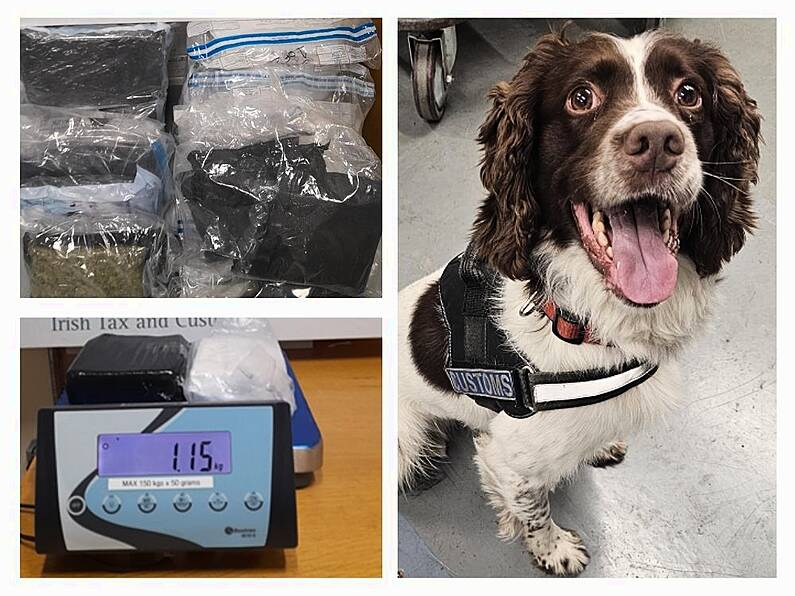New treatments for epilepsy could be developed thanks to international research in which more than 600 Irish patients were involved.
Current treatment options will not make one-third of the world’s 65 million epilepsy patients seizure free, but this could begin to change as a result of the latest collaborative project.
In the largest study of its kind, researchers at Royal College of Surgeons in Ireland (RCSI) and counterparts in 17 other countries compared the DNA of more than 15,000 people with epilepsy to that of 30,000 people who do not have the condition.
Epilepsy affects around 40,000 people in Ireland and about 650 of them were recruited for the study, which also used 2,200 Irish people who do not have epilepsy.
The scale of the global analysis has helped to create a better understanding of genetic factors associated with the most common forms of the condition.
The project identified 11 new genes as being linked to epilepsy, as well as tripling the number of known genetic associations.
The researchers found that most anti-epileptic drugs directly target one or more of the associated genes and identified 166 more drugs that do the same.
They said that these drugs are promising new candidates for epilepsy therapy as they directly target the disease’s genetic base.
Gianpiero Cavalleri, associate professor at RSCI’s department of molecular and cellular therapeutics, said the work shows the power of scientists collaborating across countries and continents.
“This is another important step on the road towards curing the epilepsies,” said Mr Cavalleri, who is also deputy director of the FutureNeuro Research Centre funded by Science Foundation Ireland (SFI).
Norman Delanty, consultant neurologist at Dublin's Beaumont Hospital said the study will encourage researchers to develop personalised and precision therapies for patients with difficult and complex epilepsy.
More than 150 researchers across Europe, Australia, Asia, North and South America, worked on the study as part of the International League Against Epilepsy’s Consortium on Complex Epilepsies.
The resultant scientific paper was published yesterday in the Nature Communications journal, with Mr Cavalleri as one of the lead authors.
Researchers at Trinity College Dublin and St James's Hospital also took part in the study.






